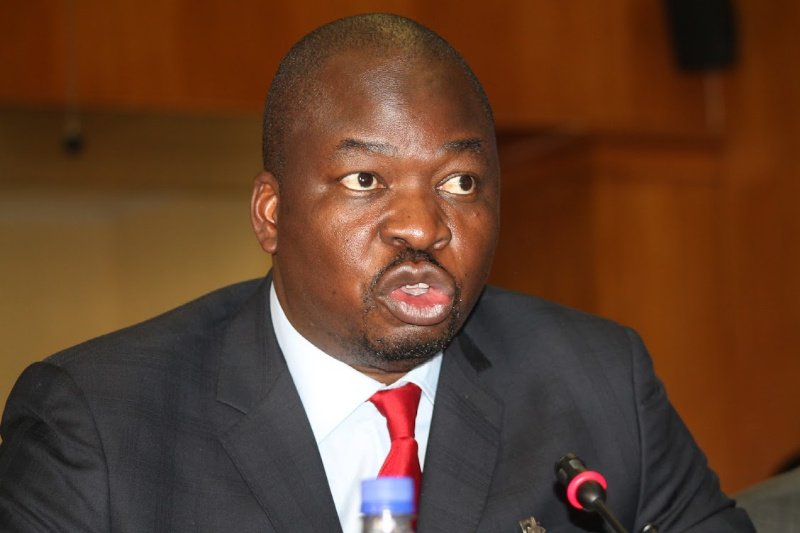- Featured
- No Comment
Government undermining ZiG by overspending – says country’s biggest brokerage

By Bloomberg
HARARE: Zimbabwe’s new gold-backed currency is likely being undermined by the state tapping the central bank for funding and selling Treasury bills to pay for its overspending, Imara Asset Management said.
The Reserve Bank of Zimbabwe can do its “utmost to reign in liquidity” to steady the ZiG, John Legat and Shelton Sibanda, the chief executive officer and chief investment officer of Zimbabwe’s biggest brokerage, wrote in their latest client note on Wednesday.
As long as the government borrows from the central bank or issues ZiG or US-dollar short-term debt, the currency will be undermined, they said.
The fund managers cited the ZiG’s recent decline on Zimbabwe’s informal market as an indication of how the currency is being undermined. They disputed claims by the central bank that it was caused by “saboteurs.”
The sudden plunge in the street rate of the ZiG in June to 24 per dollar, compared with about 13.5 on the official market, after holding steady at 17 since the unit was introduced in April “was not driven by economic saboteurs from the private sector,” Legat and Sibanda said.
“But more likely due to Treasury’s overspending that resulted in the creation of ZiG through their overdraft at the RBZ.”
Finance Permanent Secretary George Guvamatanga denied Treasury has tapped the overdraft facility and said Imara’s views were based on assumption and speculation. The current administration “has never borrowed to fund recurrent and capital expenditures,” he said Thursday by phone.

The government overdraft facility which is available at the central bank is also denominated in local currency and not in US dollars, he added.
The brokerage claims the government or Treasury likely tapped the overdraft facility to partly pay road builders in ZiG, “which entails money creation.”
Over several months, the government upgraded roads in the capital, Harare, in the build-up to a regional summit hosted in August and said it will continue with projects in other parts of the country after the event.
Legat and Sibanda also point to an increase in money supply to support their argument. It rose to ZWG 45.9 billion ($1.7 billion) in July from ZWG 38.7 billion in April, according to the latest data available on the central bank’s website.
All the major road contractors are paid in US dollars, Guvamatanga said, while payments to smaller contractors are “staggered” in order to manage the risk of liquidity finding its way to the street market.
Legat and Sibanda attribute another steep decline on the parallel market in September to 35 per dollar, compared with an official rate of about 13.9, to the central bank allowing non-negotiable certificates of deposits held by companies to be converted to tradeable Treasury bills.
Governor John Mushayavanhu didn’t immediately respond to requests for comment.
The widening gap between the formal and informal rates led the central bank to devalue the ZiG by 43% on Sept. 27 to 24.4 per dollar, raise interest rates and increase lender statutory reserves to “suck out” liquidity, they said.
The measures will likely keep the street rate steady “for some weeks or even a month or two,” until more ZiG liquidity is released, Legat and Sibanda said.
